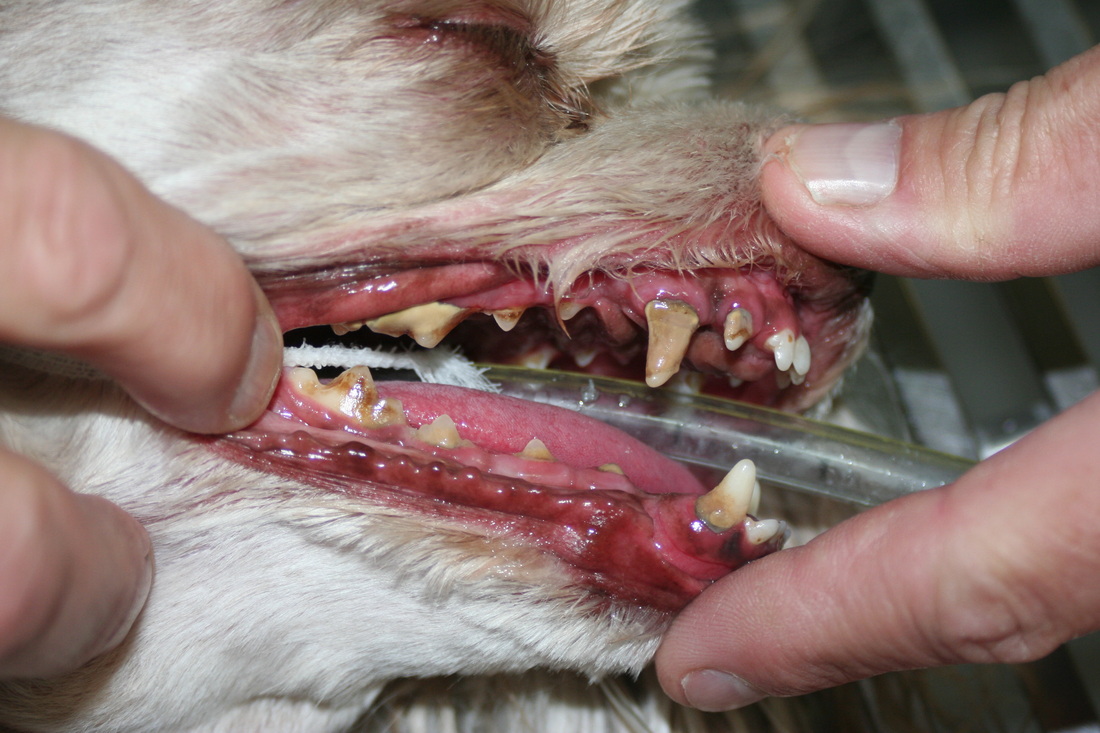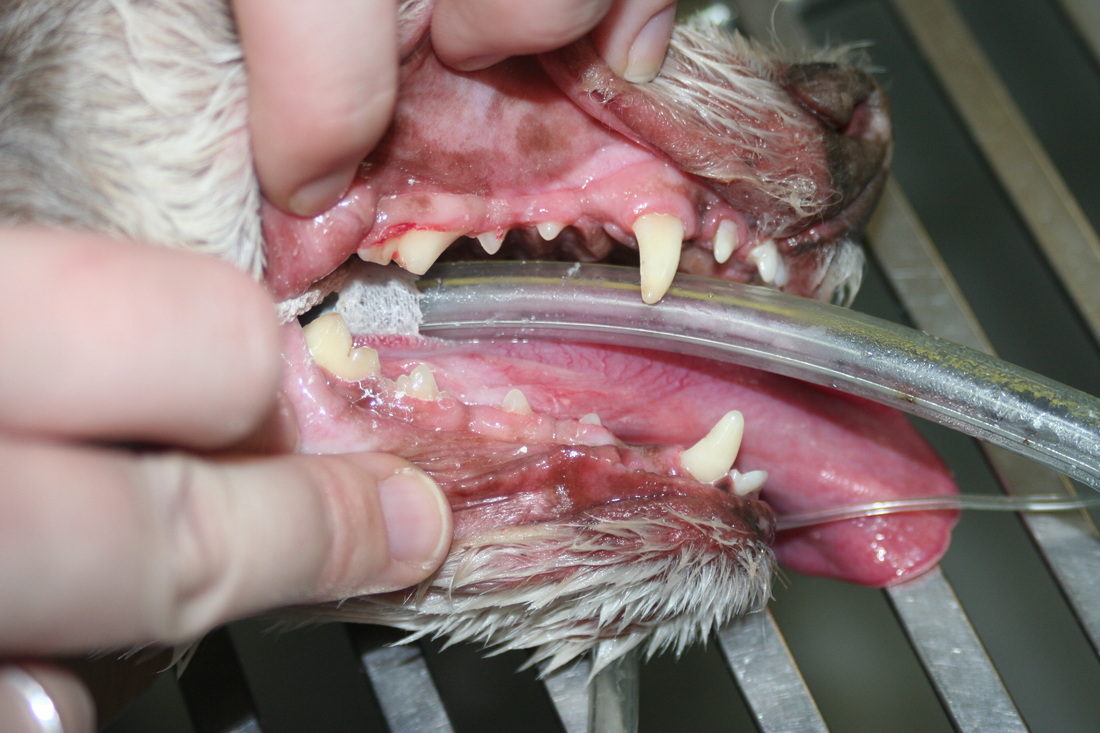Dear Drs Jeff and Susie,
My domestic short hair feline, Sinjie who is about 12 yrs of age has been drinking more water within the last month and has had a couple of days where he's been lethargic with no appetite which lasted about a day and a half each time so we took him in for a check up after the second episode. He's been diagnosed with renal failure. We changed his food to a good quality protein by Instinct and every so often switched to Fancy Feast Classic entrees which is what we've mainly given him prior to his diagnosis. He was fine again after his visit though and seemed much better; had more energy and resumed his normal behavior. However late last night and all day today he hasn't eaten. He's drinking a bit when I hold the water cup for him. The Vet gave us a prescription for Sub-Q ringers which we refrained from giving him after his check up because he was eating and drinking as usual. I guess my question is, "Is there something more we can do for him to turn this around"? He is very loving and very precious to us. I can't bear the thought of him suffering. I'm so impressed by your commitment and above standard philosophy & practice that we hope you'll be able to point us in the right direction. Thank you for your knowledge and generous kind spirit. I realize how busy you must be and hope you'll be able to respond.
Beth in Las Vegas
Hi Beth,
Thanks for your question. Chronic renal failure is a common problem in older cats. I'm sorry your Sinjie has been diagnosed with it, but there are a few more things you can do to improve the quality and length of his life. Did your vet tell you what his phosphorus and potassium values were? These can really affect how the cat feels and how active he is. Phosphorus tends to rise with renal failure and potassium tends to drop. There is a phosphate binder called Epakitin made by a company called Vetoquinol. This is something you could sprinkle on his food and it prevents some of the phosphorus from being absorbed. Potassium is a very small electrolyte and is one of the first things that starts to slip by the kidneys without being resorbed like it should in renal failure. This you can supplement by adding potassium chloride to the food, sprinkling it on. We carry our own brand at our clinic, but you can get it at some grocery stores as NuSalt or other brand of salt substitute for people on a salt-limited diet. It is potassium chloride instead of sodium chloride, which is table salt. This alone tends to make them feel better and improves strength. Cats with renal failure also tend to do better on renal diets. The one we recommend is Royal Canin's Modified Renal LP. It comes in both canned and dry, but the canned gives them more moisture, which they need. There is also another supplement made by Vetoquinol called Azodyl. It is quite interesting in the way that it works. It is basically a probiotic, but contains certain bacteria that bind to nitrogen in the intestines and prevent their absorption into the body. One component of renal failure and something your vet probably noticed on the bloodwork is an elevated BUN, which stands for blood urea nitrogen. By preventing the absorption of nitrogen in the first place (from the food) we can usually bring this number down somewhat. Lastly, encourage water consumption and supplement with subcutaneous fluids as needed or if you notice less urine in the litter box, or if Sinjie starts to act a little puny. You will do better with some fluid ahead of time, versus waiting until he gets dehydrated. It is very easy for chronic renal failure cats to get dehydrated in the face of what seems to be normal drinking because their kidneys cannot concentrate urine like they are supposed to. So they urinate large amounts of dilute urine, and lose most of what they are drinking. I hope this information helps you and your kitty. I guess there is one more option that I should mention. UC Davis does perform kidney transplants in cats, there are certain criteria they must meet before being accepted into the program, and you will be bringing home a second cat, the kidney donor, if you go this route. Also be prepared to bring your kitty's entire life savings account, because it is not a cheap procedure.
Good luck!



 RSS Feed
RSS Feed
